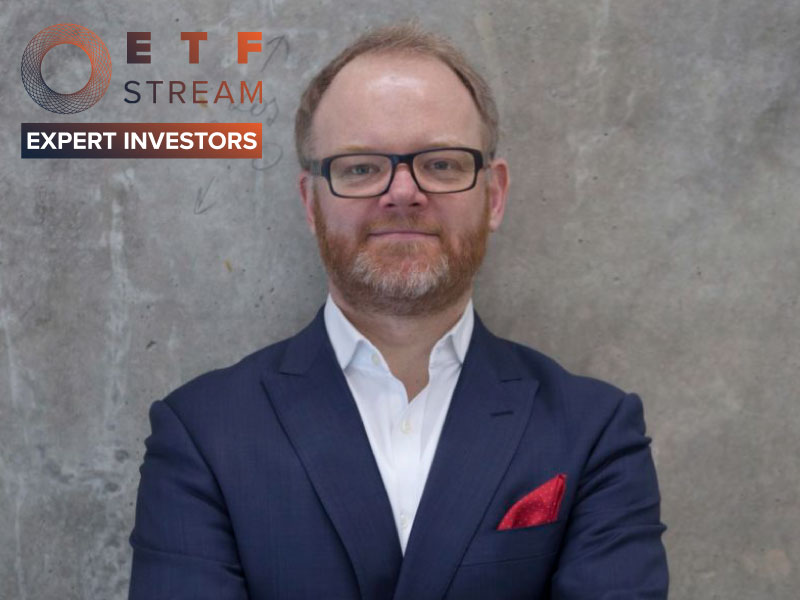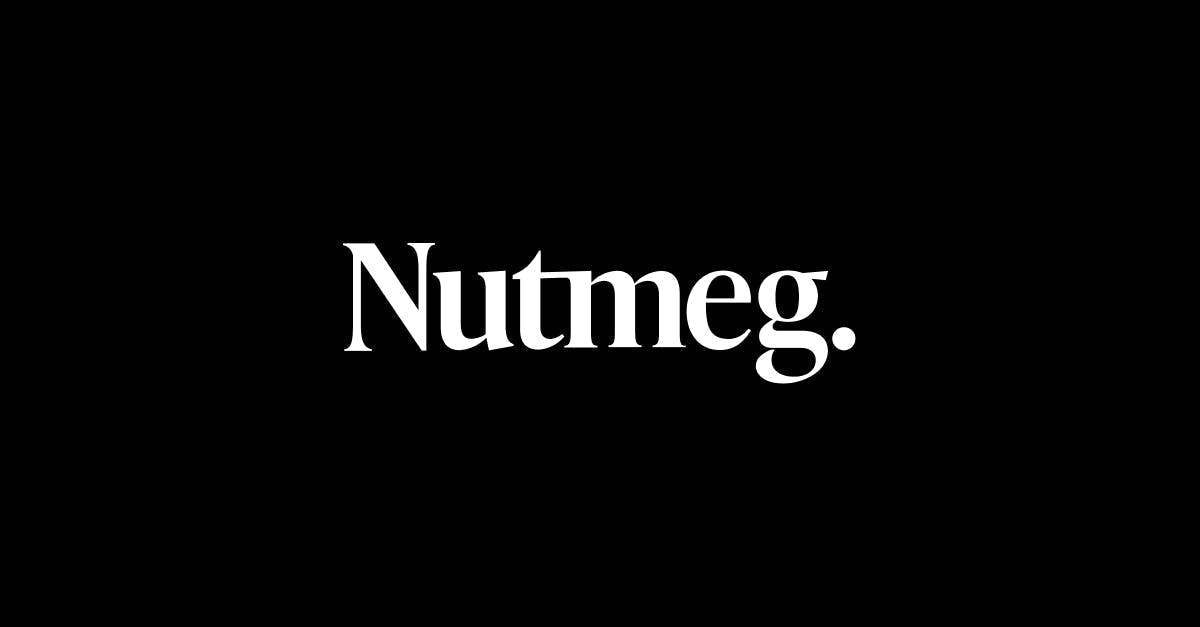Expert investors is a new series
brought to you by ETF Stream where on a fortnightly basis we interview the key individuals from across the fund selection and research space about the ETF industry.
Fund selection plays a crucial role in portfolio construction. Once the asset allocation decision has been made, these individuals need to decide how they want to be exposed, be it through a mutual fund, investment trust or ETF.
Over the years, ETFs are becoming an increasingly important part of any investors’ toolkit. This series will show how the key players across the fund selection space use ETFs in their portfolios while asking what more can be done by the ETF providers to help with this increasing adoption.
Next in the hot seat is Shaun Port, CIO at Nutmeg, who was named in the top 10 of ETF Stream's 30 Index in June. Port joined Nutmeg in 2012 from BDO Investment Management, where he was also chief investment officer. He started his career in 1992 at Crown Agents Investment Management before moving across to BDO in 2005.
How much of your portfolio is made-up of ETFs/index funds?
100%. We have never said that we will only invest in ETFs, but I have not really found a scenario where I would want to give up the benefits of ETFs for other investment vehicles.
When we want to express an asset allocation view it is highly unlikely that we cannot do this via ETFs. ETFs allow us to express our view with precision, simultaneously across 90,000 client portfolios, at very low cost.
We have built our business upon the efficiencies and benefits that ETFs bring. We focus our efforts on getting the best out of ETFs, quite unlike other firms in the UK wealth sector. For example, we have a specialist in-house ETF trading team, working with market makers across Europe, to optimise our trading execution.
Very early on, we developed fractional share ownership, so clients can hold as little as one pence in any ETF, rather than one share costing over £100 for example – so cashflows, like dividends, are re-invested across the entire portfolio and risk is managed very effectively. And we actively support new ETF launches, at a very early stage, to get the best products for our clients.
When did you start investing in ETFs?
I started using ETFs in my own portfolio in the early 2000s, but I did not fully embrace them until 2012 when I joined Nutmeg.
Back then, when I set out to design the Nutmeg investment process, I wanted to ensure four things: (a) that I would always know what we were actually invested in, down to every single security (b) that the investments were very liquid and easily tradeable (c) that costs were very low and going lower, and (d) that the business would be highly scalable.
The only instrument that completely fitted the bill was ETFs, so that is why we have built our business and process around getting the best out of this technology.
Which asset classes do you tend to invest in through ETFs?
Almost all. There are some asset classes that do not lend themselves to ETFs, but often they should not really be held in any open-ended structure anyway – like commercial property and frontier markets, which should be held in closed-ended vehicles. There are only a few liquid asset classes that do not work well in ETFs – for example, convertible bonds.
Which areas would you avoid?
Our aim is to develop a great wealth management service for everybody, so we aim to keep things simple, avoiding leveraged vehicles for example. Beyond that, we do not invest in things we do not understand – for instance, what are the main drivers of a particular asset class or factor.
What is your methodology for selecting ETFs?
We carry out rigorous fund due diligence, which has been designed specifically for ETFs, rather than an adaptation from an active fund selection process. We differentiate between products by considering a range of factors such as tracking performance, liquidity metrics, costs, product structure, ETF portfolio management processes, domicile tax optimisation, securities lending and ultimately the effective total cost of ownership.
Beyond the due diligence of the actual fund, we put a lot of effort into understanding the execution for each fund – how we trade, when and with who. We use over 30 counterparties to trade over-the-counter and optimise our approach on a continual basis. We also have the ability to trade in the way that is most optimal – whether that be at risk, agency or NAV trading – for example, trading US assets in US market hours.
What ETF products would you like to see more of?
I expect environmental, social and governance (ESG) focused portfolios to be the default way people invest within five years’ time. So, we would like to see more products in the ESG space, especially in fixed income where the options are currently limited. As advocates of socially responsible investing, we believe that this space needs more options within the ETF toolkit.
Outside of ESG, unfortunately, I cannot buy my favourite ETF as it is listed in the US – the Vanguard US Total Market Index or WTI. A fund with $120bn in assets, exposure to over 3,600 US companies and costing just 3bps, this is an incredible piece of financial engineering.
Any areas ETF providers could improve?
In Europe, ETFs have not caught on as a retail investment product – they are still institutional tools. That is a big shame. Investment platforms are not doing enough to support ETFs, both for private investors and IFAs.
ETF providers also need to do more to win over a sceptical financial press in the UK; for too long active managers have been able to get away with promoting a ‘star manager’ culture, when everyone in the industry knows that the data shows that stock picking does not deliver reliable and consistent outperformance.
Expert investors is a new series brought to you by ETF Stream where on a fortnightly basis we interview the key individuals from across the fund selection and research space about the ETF industry.
To read the previous edition of Expert Investors with James Sullivan of MitonOptimal, click here.



